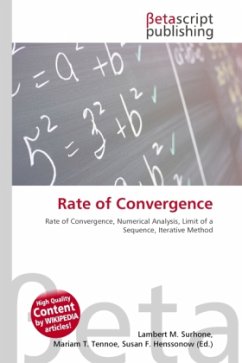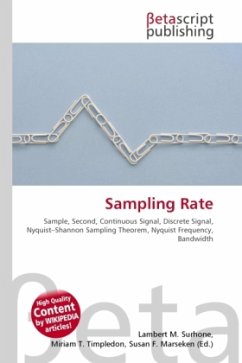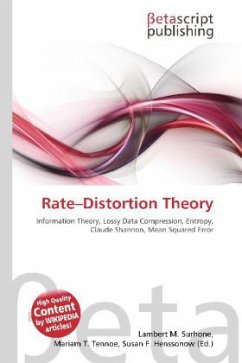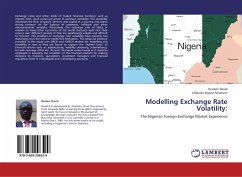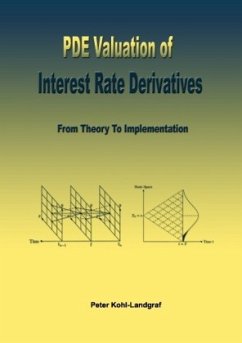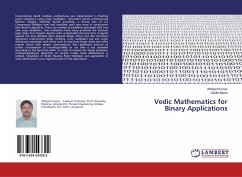High Quality Content by WIKIPEDIA articles! In numerical analysis (a branch of mathematics), the speed at which a convergent sequence approaches its limit is called the rate of convergence. Although strictly speaking, a limit does not give information about any finite first part of the sequence, this concept is of practical importance if we deal with a sequence of successive approximations for an iterative method, as then typically fewer iterations are needed to yield a useful approximation if the rate of convergence is higher. This may even make the difference between needing ten or a million iterations. Similar concepts are used for discretization methods. The solution of the discretized problem converges to the solution of the continuous problem as the grid size goes to zero, and the speed of convergence is one of the factors of the efficiency of the method. However, the terminology in this case is different from the terminology for iterative methods.
Bitte wählen Sie Ihr Anliegen aus.
Rechnungen
Retourenschein anfordern
Bestellstatus
Storno

